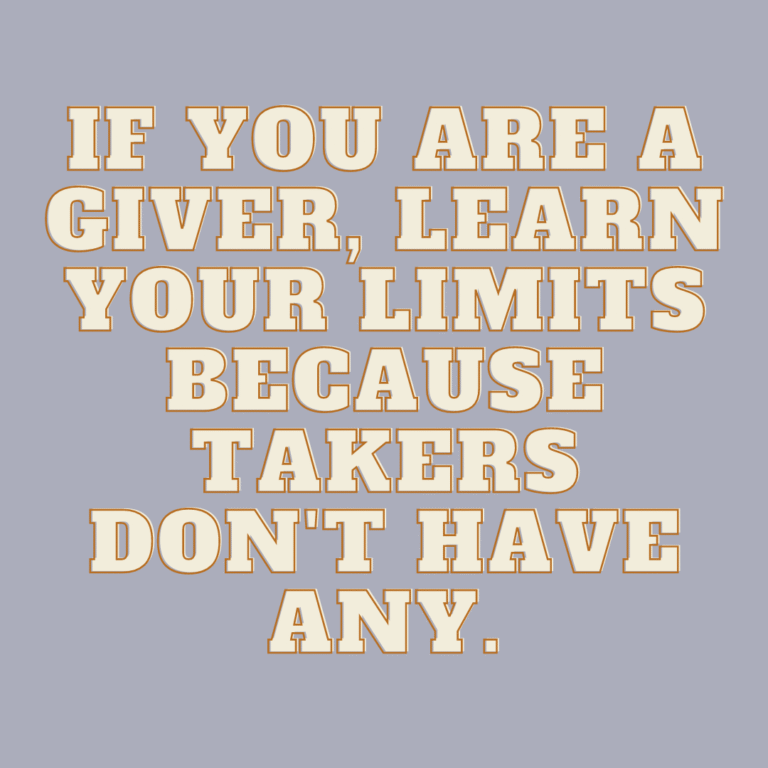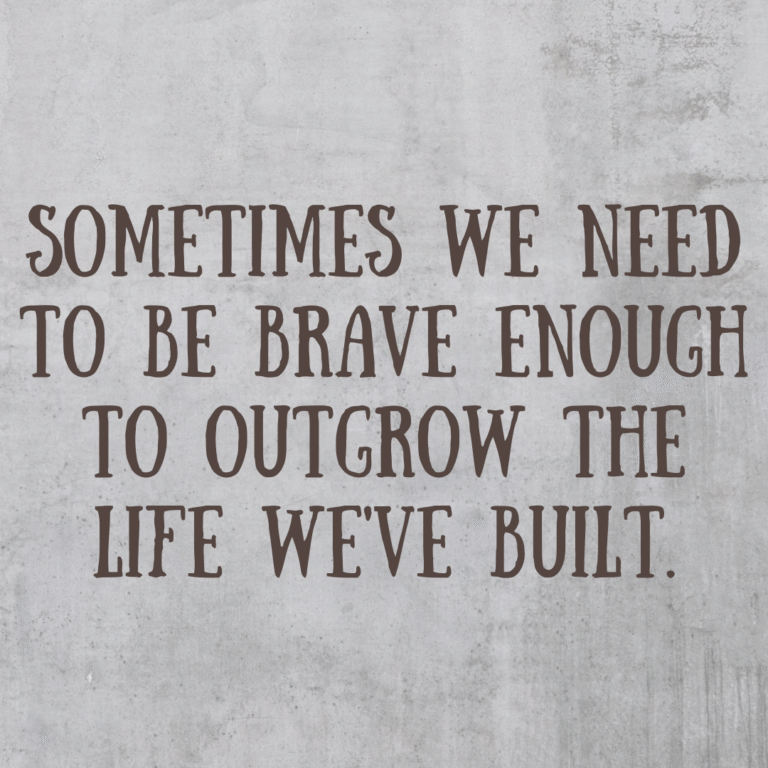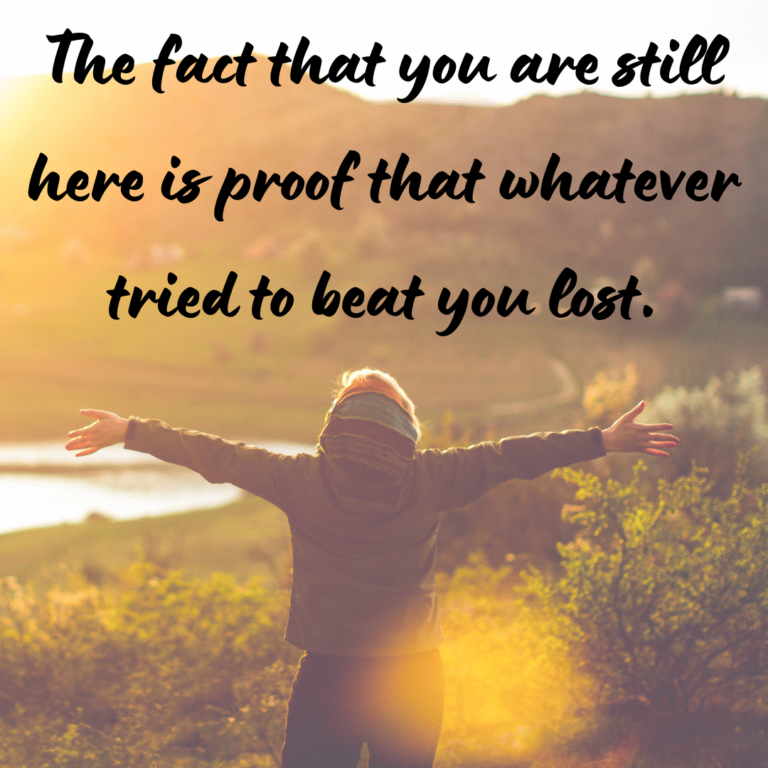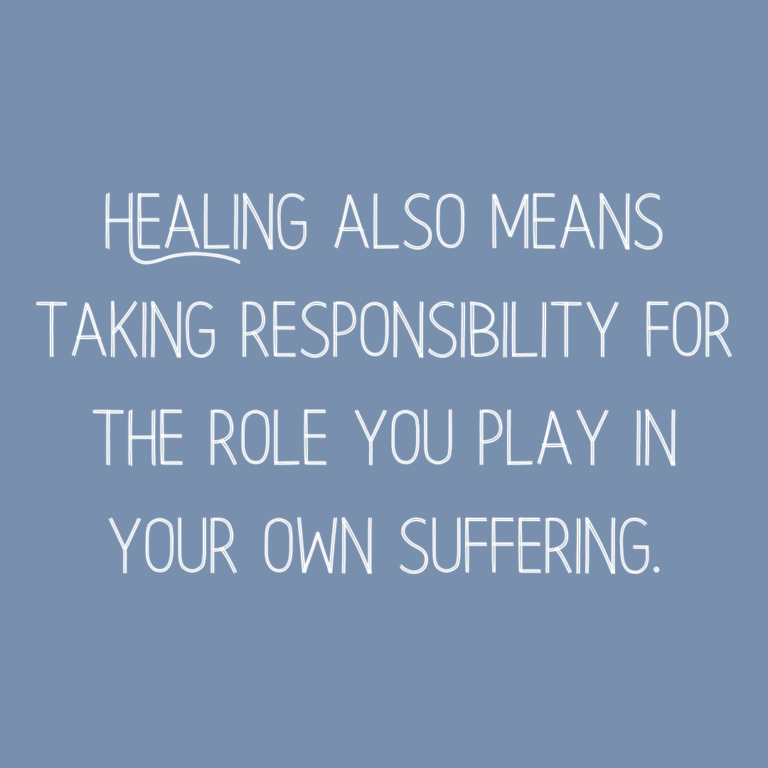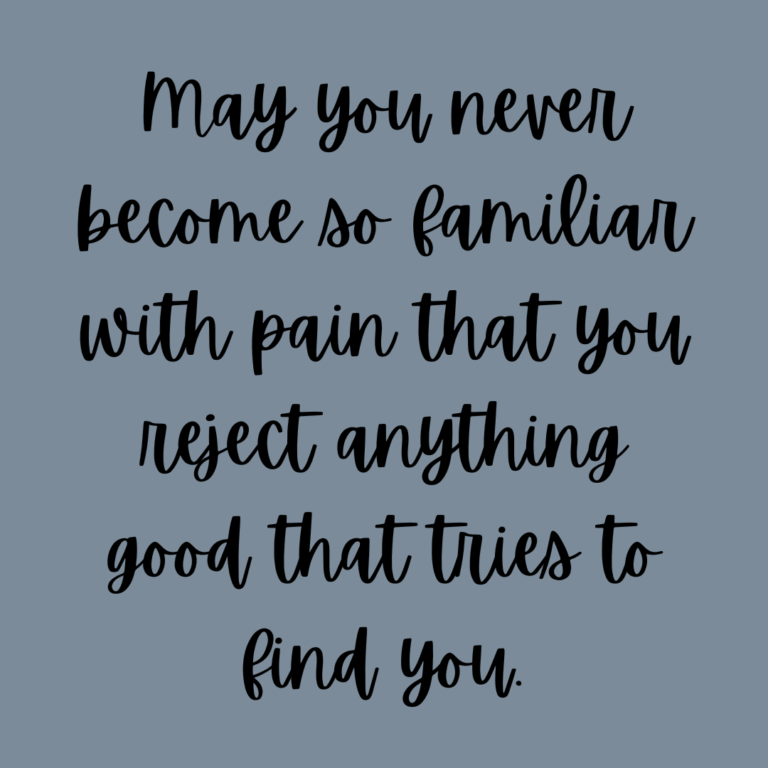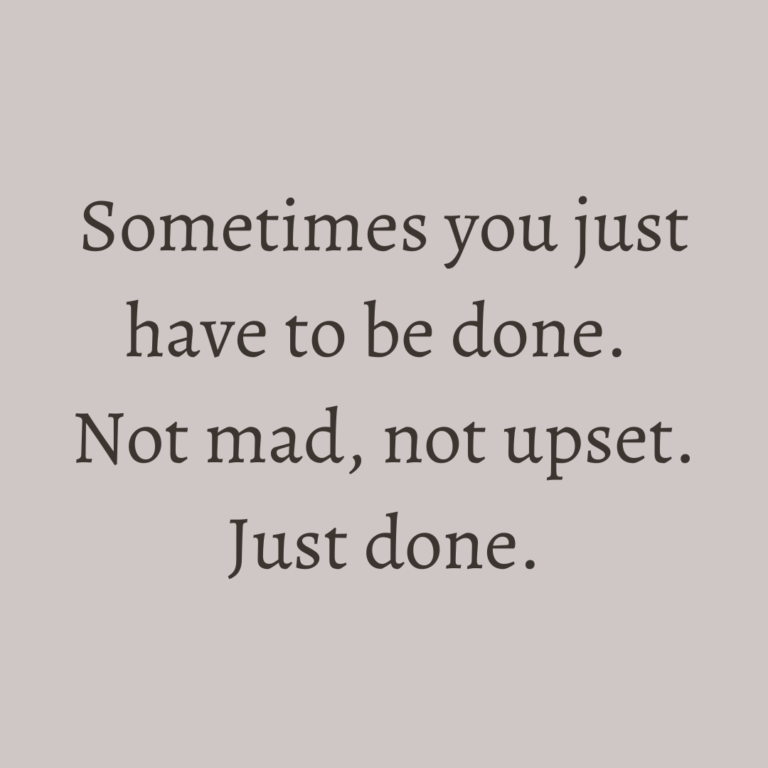When we have felt pain often in our lives, we tend to guard our hearts and egos from additional suffering. Many times, this will show up in our life unconsciously.
For example, if you have been cheated on before in relationships, you might be on guard with your current partner because on some level, you expect that it will happen. So, you are already mentally prepared for it. But with all the energy and effort your mind puts into preparing for the worst-case scenario, you create a buffer in your relationship. This buffer may prevent you from creating a deep connection with your partner, or even push them away.
If we have low expectations, we won’t get hurt if things don’t go how we’d like them to. But at the same time, when we enter a relationship with that kind of mindset, we close off the possibility of creating the relationship that we truly want.
Whether we are conscious of it or not, what we believe about ourselves, and our situations determine the results we get in our life. I’ve written many posts about the law of attraction. What you believe, you create.
Painful experiences tend to breed defense mechanisms in us. And it’s understandable! As humans, we naturally want to avoid pain. When we have been hurt enough, we want to avoid it at all costs. But these defense mechanisms are sneaky because they happen on an unconscious level.
What is a Defense Mechanism?
Defense mechanisms are an unconscious strategy we use to protect ourselves from feelings of anxiety, threats to our self-esteem or ego and things we don’t want to think about or deal with. Not all defense mechanisms are harmful, as they can help people get through painful experiences or channel their energy in a more productive way. It is more of a short-term strategy for managing the anxiety.
These coping strategies can become harmful when they objectively prevent us from having the life we want, and we use them often for a long period of time. When we settle into that coping mechanism as “just a way of being”, it can become problematic.
Types of Defense Mechanisms
There are many types of defense mechanisms that people employ at various times for various reasons. Here are a just few that are common.
Projection
Projection is an unconscious way to take unwanted emotions or traits you don’t like about yourself and attributing them to someone else. A classic example of this is when someone is cheating on their partner, and they become suspicious of their partner cheating on them.
Passive-Aggressiveness
Instead of telling someone they hurt you directly, you may withdraw and give them the silent treatment. At a later date, you might lash out at them for something minor, but sprinkled into that response is leftover hurt from the initial injury.
Denial
Denial is one of the most common defense mechanisms. We have all been in denial about something at some point in our lives. When we don’t want to accept facts and reality as they are, because it is painful or scary, we tend to go into denial about it. You see this a lot with addicts and friends and family of addicts.
Displacement
Displacement is when you take out strong frustrations, feelings, or impulses onto someone who isn’t a threat. If you had a tough day at work and your boss was overbearing, you might come home and take out your frustrations on your family. You can’t act that way to your boss because you’ll get fired, but your family is less of a threat.
Intellectualization
When I was first diagnosed with cancer, I definitely used intellectualization as a defense mechanism. Instead of sitting with my stress and emotions about actually having cancer, I went into full researcher mode. I sought to understand everything I could about breast cancer, and the kind I had to educate myself. While that is important and you need to be your best health advocate, I spent so much time doing it as a way to avoid the stress and scary feelings I had about the diagnosis.
Rationalization
Not only does rationalization allow us to protect ourselves from uncomfortable feelings, but it also enables us to protect our self-esteem. By explaining an unacceptable behavior or feeling in a rational or logical manner, we avoid sitting with the real reasons for the behavior. Instead, we rationalize the behavior with our own set of facts.
For example, if you asked someone out and they said no, you might tell yourself that you weren’t all that interested in them to begin with.
Bonus: Sublimation
As a defense mechanism, sublimation is considered to be a mature, positive strategy for dealing with anxiety. This is a healthier coping mechanism as it redirects strong emotions you have onto something that is appropriate and safe. For example, if you feel overwhelmed with your job instead of losing it at the office, you channel those feelings into exercise or a hobby later in the day.
How to Identify Defense Mechanisms
Defense mechanisms are mostly done on an unconscious level, so it may be tricky to spot immediately. Below are three strategies to help identify and address ones that you find ineffective.
Be More Mindful
Try to slow things down and see if you can recognize similar patterns or ways of responding to stress and anxiety that you have. Defense mechanisms can become a habit-forming, so pay close attention to how you are responding when faced with emotional situations.
Add More Tools to the Toolbox
Defense mechanisms are coping strategies. If you don’t know other ways to cope with unpleasant feelings, you will naturally go back to what you have done before. Enlisting the help of a therapist can help you be more mindful of when you are using ineffective strategies and help you come up with new, helpful responses.
Have Accountability
Chances are there are people in your life who have noticed that you employ defense mechanisms every now and again. Ask them to point it out to you when you do it. As you become more conscious of what you’re doing, you can ask yourself whether or not you really want to respond in that way.

